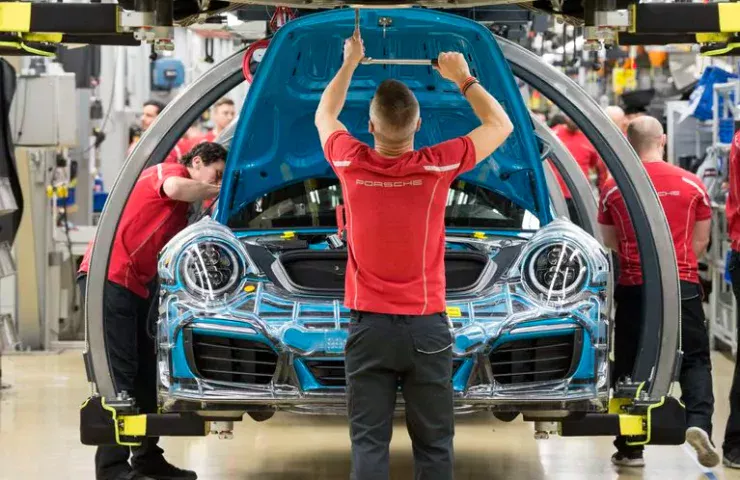In December 2019, passenger car demand in the European Union grew for the fourth straight month (+ 21.7%), the highest on record, the Association of European Automobile Manufacturers (ACEA) said Thursday.
Part of the strong December result is due to the low comparison base, as the number of new registrations in December 2018 fell by 8.4%. However, certain market developments in the EU have contributed to this exceptional growth.
The largest growth in car sales was observed in France (+ 27.7%), Sweden (+ 109.3%) and the Netherlands (+ 113.9%). In these countries, regional governments have increased tax incentives for the purchase of new low- or zero-emission vehicles. As a result, all EU countries, including the five major markets, demonstrated robust growth rates in December.
Overall, in 2019, the number of new registered vehicles in the European Union increased by 1.2%, reaching a total of over 15.3 million units for the sixth consecutive year. 2019 started with a significant downturn in the European auto industry, but the last quarter and, in particular, December, pushed the EU market performance throughout the year into positive territory.
If you look at the five main EU markets, Germany (+ 5.0%) recorded the largest growth last year, followed by France (+ 1.9%) and Italy (+ 0.3%). In contrast, in Spain (-4.8%) and the UK (-2.4%), demand fell in 2019.
The automotive industry is the main consumer of steel and metals, so the growth in this sector is a sign of an improvement in the situation in the EU metallurgical industry, which at the end of 2019 faced a decrease in demand and increased protectionism in the external market.




